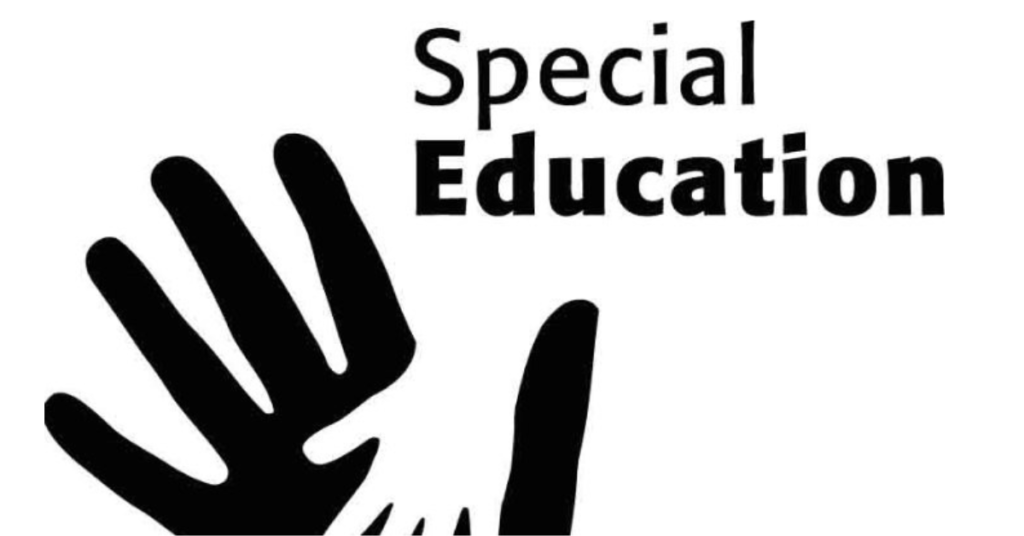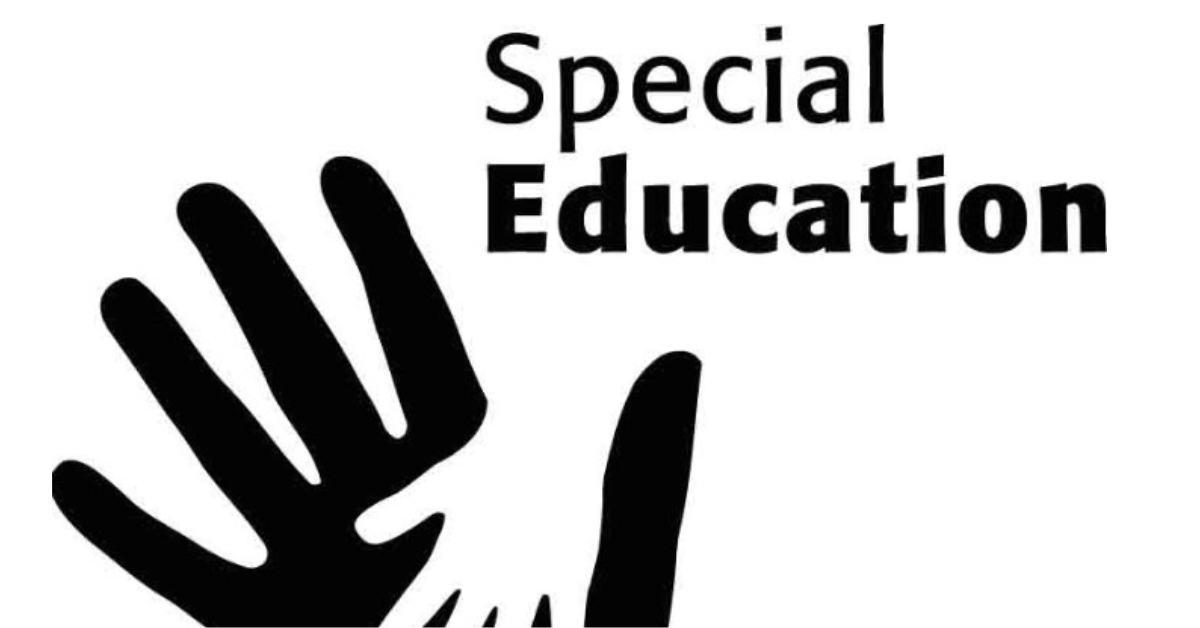The importance of special education in today’s society cannot be understated. It ensures that students with disabilities receive the individualized support necessary for their academic and personal growth. University special education programs are vital in training educators to effectively meet these needs. This article will explore the critical components of university special education programs, their significance, the career paths available to graduates, and the challenges and trends shaping the field.

Understanding Special Education
What is Special Education?
Special education encompasses tailored educational services designed for students with disabilities. These disabilities may range from learning and behavioral disorders to physical impairments. The overarching goal of special education is to provide equitable access to learning opportunities, enabling students to achieve their full potential academically and socially.
The Role of Special Education Teachers
Trained special education teachers are essential advocates for their students. They develop and implement Individualized Education Programs (IEPs) tailored to meet each student’s specific needs, ensuring that they receive the appropriate support and resources. Moreover, these educators foster inclusive classroom environments, promoting understanding and acceptance among all students.
Structure of University Special Education Programs
Degree Options Available
University special education programs typically offer various degree pathways to equip future educators with the necessary skills and knowledge. Common options include:
- Bachelor’s Degrees: These foundational programs introduce students to the principles of special education and equip them with essential skills for teaching.
- Master’s Degrees: Advanced programs delve deeper into specialized areas, such as autism spectrum disorders or emotional disturbances, preparing graduates for leadership roles and research opportunities.
- Doctoral Degrees: Aimed at those interested in research or higher education, doctoral programs require students to engage in original research and contribute to the body of knowledge in special education.
Curriculum Components
A comprehensive curriculum is crucial for effective special education programs. Key components often include:
- Foundational Knowledge: Courses on the history, laws, and philosophical underpinnings of special education provide essential context.
- Assessment Techniques: Students learn various methods for assessing students with disabilities, enabling them to create effective instructional strategies.
- Instructional Strategies: Coursework focuses on adaptive teaching methods, equipping future educators to address the diverse learning needs of their students.
- Behavior Management: Training in positive behavior interventions helps educators create a conducive learning environment.
- Practical Experience: Most programs require hands-on experience through internships or student teaching, allowing candidates to apply their knowledge in real-world settings.
Accreditation Standards
Accreditation is essential for ensuring the quality of university special education programs. Programs accredited by organizations such as the Council for the Accreditation of Educator Preparation (CAEP) adhere to rigorous standards, ensuring that they provide high-quality education and prepare graduates for successful careers.
Career Opportunities for Graduates
Diverse Career Paths
Graduates of university special education programs can pursue a variety of rewarding careers. Common roles include:
- Special Education Teacher: Working directly with students in various educational settings, including public schools and specialized institutions.
- Resource Specialist: Supporting general education teachers in implementing effective strategies for students with special needs.
- Educational Consultant: Advising schools on inclusive education practices and helping develop policies that support students with disabilities.
- Behavior Analyst: Focusing on students with challenging behaviors and developing intervention strategies to promote positive outcomes.
- Administrator: Taking on leadership roles, such as special education coordinators or district administrators, overseeing the implementation of special education programs.
Positive Impact on Communities
The effects of special education programs extend beyond individual students; they foster inclusive communities. By promoting acceptance and understanding of diverse abilities, these programs help cultivate social harmony and support for all students.
Current Trends and Challenges in Special Education
The Move Towards Inclusion
One significant trend in special education is the emphasis on inclusion, where students with disabilities are educated alongside their peers. This approach encourages social integration but also poses challenges for teachers, who must be equipped to address the diverse needs of all students in a single classroom.
Technology Integration
Advancements in technology are transforming special education. Assistive technologies, such as speech recognition software and adaptive devices, empower students with disabilities to engage more fully in their education. As a result, universities are increasingly incorporating technology training into their programs, ensuring that future educators can effectively utilize these tools.
Addressing Teacher Shortages
Despite the pressing need for special education teachers, many regions face significant shortages. Contributing factors include the demanding nature of the job and inadequate support for educators. To address this issue, universities are actively promoting the benefits of a career in special education and offering incentives to attract and retain qualified professionals.
Conclusion
University special education programs are crucial in shaping the future of education for students with disabilities. By providing comprehensive training and fostering a deep understanding of diverse learning needs, these programs empower educators to make a meaningful impact in their classrooms and communities. As the educational landscape continues to evolve, it is vital for special education programs to adapt and innovate, ensuring that all students have the opportunity to succeed. Investing in these programs is not just an investment in education; it is an investment in a more inclusive and equitable society, benefiting individuals and communities alike.
